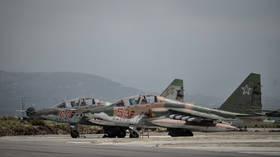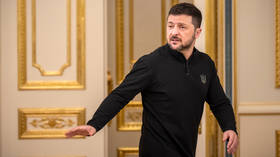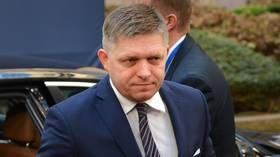Sweden hosts football’s alternative World Cup
In a world of millionaire footballers with celebrity girlfriends and fancy cars, its easy to forget the true meaning of the sport. But in northern Sweden, a world cup with a difference has united different indigenous peoples and unrecognised territories f
North of the Arctic Circle, where there are 24 hours of daylight for months at a time lies the small Swedish town of Yereval.
Normally people come to enjoy the beautiful scenery, but for one week only they’re there for the beautiful game.
The town is hosting the Viva World Cup – a competition designed to bring together teams from indigenous ethnic groups and unrecognised territories. None of them are members of FIFA.
Christian Michelise, Chairman of VIVA World Cup, said: “The idea is to make the people meet and to have a football rendezvous every two years with people from other countries and continents, to know them, to keep their stories and their past.”
But with proud heritages to protect, it’s been much more than just a kick about. And after a week of tough competition honours were finally up for grabs.
Hosts, the Sami people from Sweden, stormed to victory in the women’s competition with an 11-1 thrashing of Iraqi Kurdistan, while the men’s team took third place with a 3-1 win over the same opponents.
Despite the defeats the Kurdish sports minister hailed the tournament a great success.
“It’s created a very positive response here in Samiland, and the rest of Sweden, and also in Kurdistan region at home because it’s our first international direct tournament, in the name of the Kurdistan region and with the Kurdistan flag,” Taha Barwary said.
But the big prize was still at stake as the Northern Italian Padania team faced an Aramean Syriac team drawn from across the Middle East for the world cup. The Padanians had breezed to the final, easily winning all their previous matches but not without controversy.
Organisers had said they wanted to keep politics out of the tournament but Padania were openly backed by Italy’s Northern League party, which wants autonomy for their region. And leader Umberto Bosse was hoping the tournament would have far reaching consequences.
‘It will help our cause if it brings more attention to our fight for freedom,’ Bosse said.
And his team were doing their best to make headlines sealing a 2-0 win to become the second ever Viva World Cup winners.












